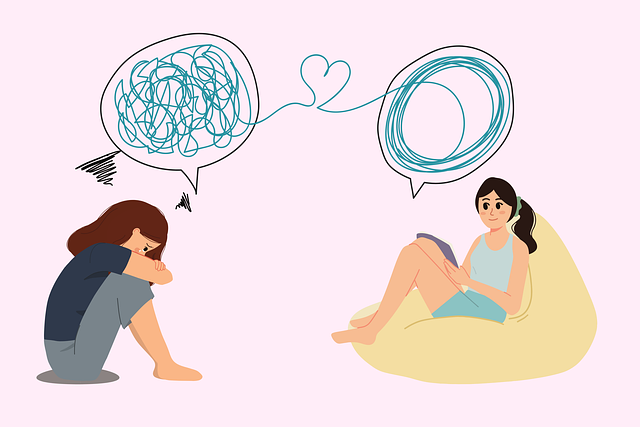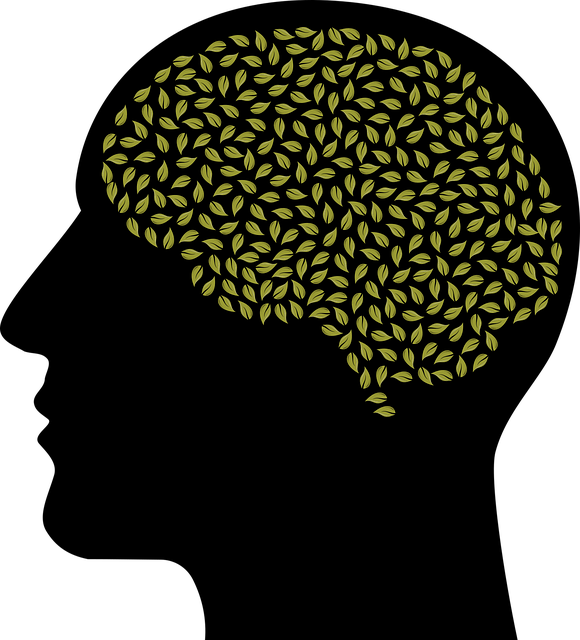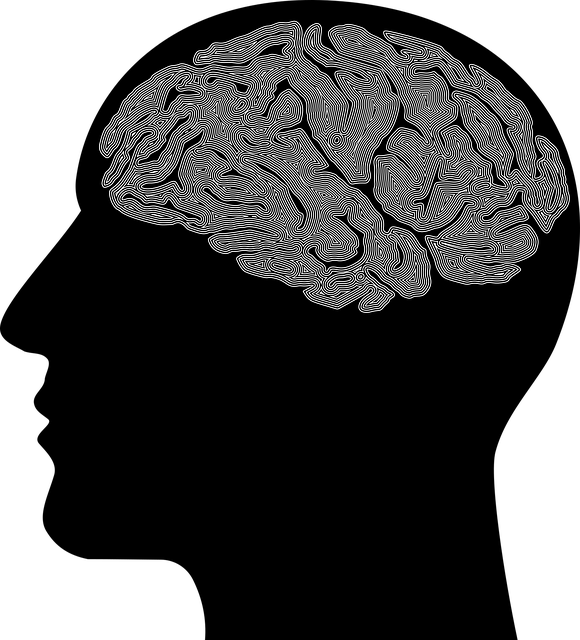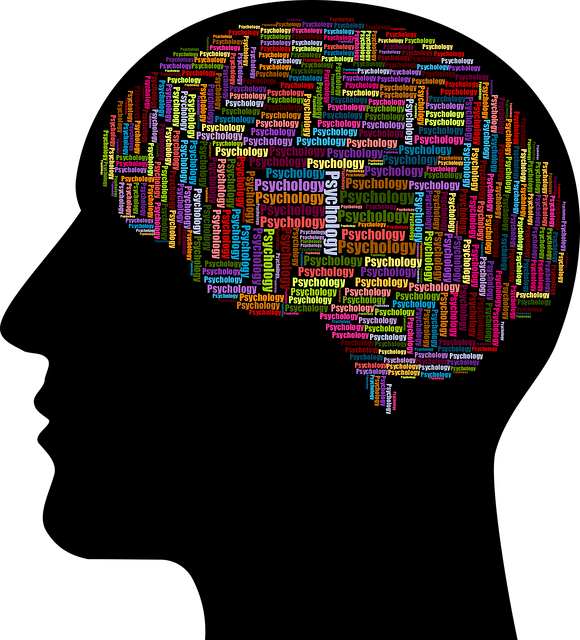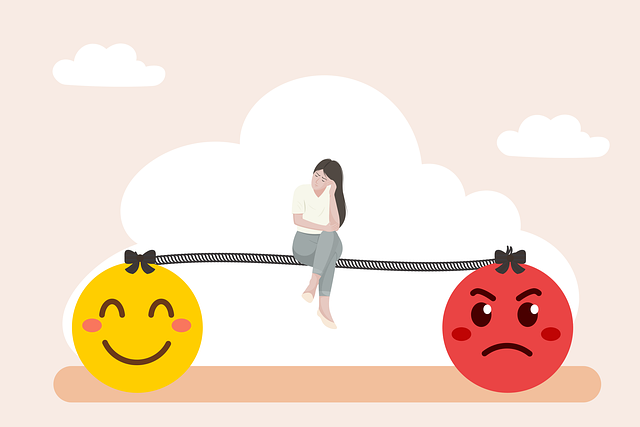Stress among young adults, fueled by academic pressures, social expectations, and personal struggles, can have lasting health effects. Research highlights that unresolved stress, particularly from child abuse or trauma, disrupts brain development and leads to adverse outcomes. Therapy for young adults is crucial, offering specialized programs and structured self-care routines to address coping strategies and build resilience. Key focus areas include addressing childhood abuse history to mitigate stress responses and reduce the risk of mental disorders like anxiety and depression. Effective therapies such as Cognitive Behavioral Therapy (CBT) and mindfulness/meditation, integrated into community programs, empower young adults to manage stress and heal from trauma, fostering improved mental health and stronger support systems.
Stress reduction is a vital aspect of fostering mental well-being, especially among young adults facing mounting pressures. This article delves into effective strategies to combat stress, addressing its profound impact and underlying causes. We explore the complex relationship between childhood abuse and stress, highlighting cognitive behavioral therapy (CBT) as a potent tool for healing. Additionally, mindfulness techniques and the importance of support systems are discussed, offering valuable insights for those seeking calm amidst life’s challenges, particularly our vulnerable young adults.
- Understanding Stress and Its Impact on Young Adults
- The Connection Between Childhood Abuse and Stress
- Cognitive Behavioral Therapy (CBT): A Powerful Tool for Stress Reduction
- Mindfulness and Meditation Techniques for Calmness
- Building Support Systems and Seeking Professional Help
Understanding Stress and Its Impact on Young Adults

Stress is a prevalent issue among young adults, often stemming from various sources such as academic pressures, social expectations, and personal challenges. For many, it can be a silent but powerful force, significantly impacting their mental and physical well-being. Research indicates that unresolved stress may lead to long-term health issues, especially when left unaddressed during formative years. Young adults who have experienced child abuse or trauma are particularly vulnerable; these adverse experiences can disrupt brain development and exacerbate stress responses.
Understanding the impact of stress on this demographic is crucial. Therapy for young adults plays a pivotal role in helping them develop coping mechanisms and build resilience. Through specialized programs, including community outreach initiatives, individuals can learn self-care practices to manage stress effectively. Implementing a structured self-care routine contributes to better mental health outcomes, empowering young adults to navigate life’s challenges with greater ease and fostering their overall well-being.
The Connection Between Childhood Abuse and Stress

Childhood abuse, encompassing physical, emotional, and sexual assault, can have profound and long-lasting effects on an individual’s mental health and overall well-being. Studies have established a significant connection between childhood trauma and elevated stress levels in adulthood. When a young person experiences abuse, their brain develops differently, often leading to challenges in regulating emotions and coping with stressful situations later in life. This is particularly concerning given that young adults who have experienced such trauma are at a heightened risk of developing mental health disorders, including anxiety and depression.
The impact of childhood abuse extends beyond immediate psychological distress. It can disrupt the formation of healthy relationships and lead to a cycle of interpersonal difficulties. Many survivors struggle with trust issues, which may hinder their ability to seek support from peers or healthcare providers. This is where therapy for young adults becomes pivotal. Through specialized treatment, individuals can learn coping mechanisms, process traumatic memories, and heal from the root causes of their stress, ultimately fostering mental wellness and breaking free from the cycle of trauma-induced challenges.
Cognitive Behavioral Therapy (CBT): A Powerful Tool for Stress Reduction

Cognitive Behavioral Therapy (CBT) has emerged as a powerful tool for stress reduction, particularly among young adults who may be grappling with the aftermath of child abuse or other traumatic experiences. CBT focuses on identifying and changing negative thought patterns and behaviors that contribute to stress and anxiety. By challenging distorted thinking and adopting healthier coping mechanisms, individuals can effectively manage their stress levels and improve overall well-being.
This form of therapy is highly effective for those seeking long-term solutions to stress management. Through structured sessions led by a trained therapist, CBT helps participants gain insights into their emotional responses and equip them with practical tools for navigating stressful situations. Moreover, integrating CBT into community outreach programs or stress management workshops can empower individuals within affected communities to take charge of their mental health and foster a sense of resilience.
Mindfulness and Meditation Techniques for Calmness

Mindfulness and meditation have emerged as powerful tools for achieving calmness and reducing stress among young adults, especially those who have experienced trauma such as child abuse. These practices encourage individuals to focus on the present moment, observing their thoughts and feelings without judgment. Through regular practice, one can cultivate a sense of inner peace and resilience, helping to mitigate the debilitating effects of stress and anxiety.
Compassion cultivation practices, a subset of mindfulness meditation, teach individuals to extend kindness and understanding towards themselves and others. This approach not only promotes emotional well-being but also enhances social skills training, fostering healthier relationships. Incorporating these techniques into daily routines can significantly contribute to improved mental health policy analysis and advocacy, ultimately leading to more effective support systems for vulnerable young adults.
Building Support Systems and Seeking Professional Help

Building support systems is a crucial step in stress reduction, especially for individuals who have experienced traumatic events like child abuse. Creating a strong network of trusted friends and family members can provide comfort, understanding, and practical assistance during stressful times. Support groups are also beneficial, offering safe spaces to share experiences and gain insights from peers facing similar challenges. This sense of belonging helps combat feelings of isolation and promotes emotional healing.
For some, seeking professional help is a vital component of managing stress and improving mental health. Therapy for young adults, in particular, can address past traumas, including child abuse, through various therapeutic approaches. Mental health professionals equipped with skills in trauma-informed care can conduct risk assessments (as per Mental Health Policy Analysis and Advocacy) to ensure client safety while facilitating Self-Esteem Improvement. Such interventions are essential for long-term stress reduction and overall well-being.
In conclusion, stress reduction is a vital aspect of fostering mental well-being, especially for young adults navigating life’s challenges. By understanding the profound impact of stress and its potential connection to childhood abuse, individuals can empower themselves through various effective methods. Cognitive Behavioral Therapy (CBT) offers a structured approach to challenging negative thought patterns, while mindfulness practices promote calmness and present-moment awareness. Building strong support systems and seeking professional help, such as therapy tailored for young adults or trauma-informed care addressing child abuse, are essential steps towards lasting stress management and improved quality of life.
